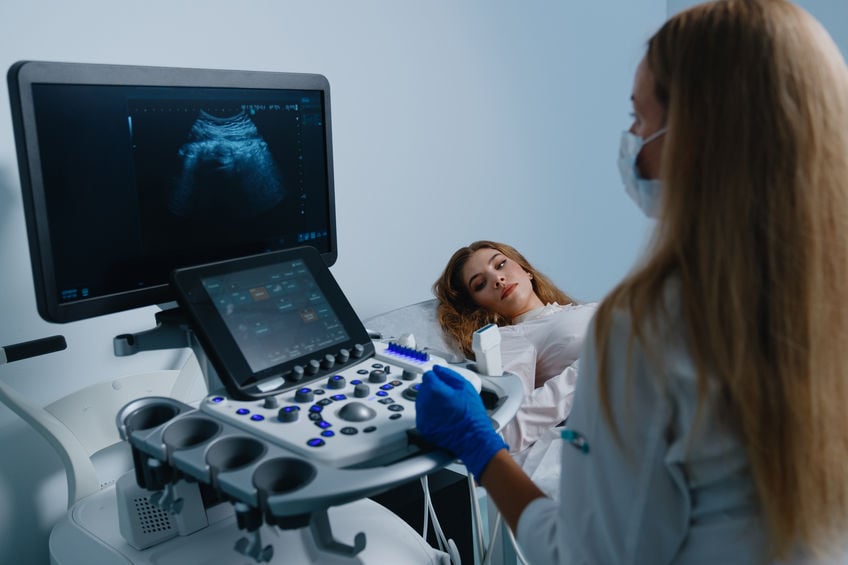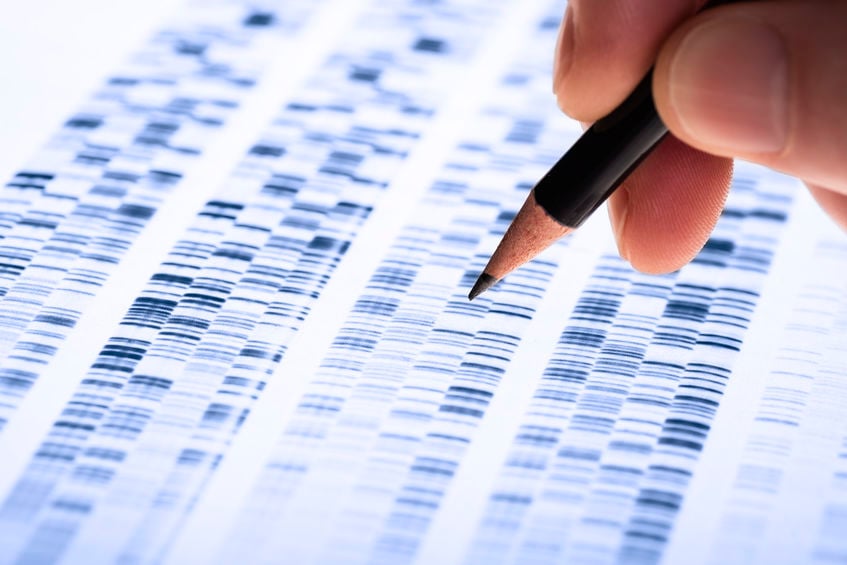Dealing With Endometriosis
More than 11% of women ages 15-44 have endometriosis. The condition occurs when the endometrial tissue goes beyond the uterus. Endometriosis causes extreme menstrual and abdominal cramps and irregular bleeding. For some women, fertility is negatively affected, but there is still hope to become pregnant. Getting diagnosed early is important so treatment options can be discussed.

Do I have endometriosis?
Knowing the signs and symptoms of endometriosis is important so that treatment can be initiated. A woman may experience extreme pain during menses, abdominal or lower back pain, painful intercourse, and irregular or heavy periods. Other symptoms include fatigue, bloating, nausea, constipation, diarrhea, pain during urination or bowel movements, and fertility issues. Women with any of these symptoms should visit a doctor for evaluation and diagnosis.
Making the diagnosis
At the doctor’s office, the healthcare provider will take a medical history, discuss the menstrual cycle, and perform a pelvic examination. Imaging tests such as ultrasound and magnetic resonance imaging (MRI) are done to check for signs of endometriosis. For some patients, the doctor may perform a laparoscopy to get a better understanding and view of the endometrial tissue. If suspicious tissue is found, a biopsy is taken for further investigation. Laparoscopy and biopsy will confirm the diagnosis and endometriosis stage, which can help determine fertility treatment.
1. The use of laparoscopy
A surgery known as laparoscopy can be used to diagnose and treat endometriosis. This is a minimally invasive procedure where small incisions are made to introduce the laparoscope for better viewing of structures. Depending on the patient’s age and endometriosis stage, this procedure can be successful for some women. With this intervention, removing any scar tissue or cysts can improve the chances of pregnancy.
2. Fertility drugs and IUI
If natural attempts at pregnancy have been unsuccessful intrauterine insemination (IUI) may help. IUI involves placing sperm into the woman’s uterus to improve the chances of conception. In some instances, women are also given fertility medication to increase the number of eggs released during a single cycle. For women with endometriosis, this approach may be the best solution for infertility.
3. Conceiving with IVF
Doctors usually recommend in vitro fertilization (IVF) to women who have tried other treatments unsuccessfully. IVF is the process of retrieving the woman’s egg and fertilizing with sperm in the lab. After fertilization, the embryo is implanted into the woman’s uterus. The success of IVF is not always guaranteed, but many women with endometriosis get pregnant with IVF.
Natural approaches
Besides surgery, fertility medication, IUI, and IVF, maintaining a healthy lifestyle is also important. With endometriosis, inflammation happens in a woman’s body, and making healthy adjustments can help with conceiving naturally. Maintain a good body mass index (BMI) and get involved in physical activity. Have a well-balanced diet with lots of fruits and vegetables, lean proteins, and whole grains.
Hopes of conceiving
Most women with endometriosis will succeed in having a healthy pregnancy and baby. Although every woman’s journey is different, there is still hope with the help of different treatment options.





